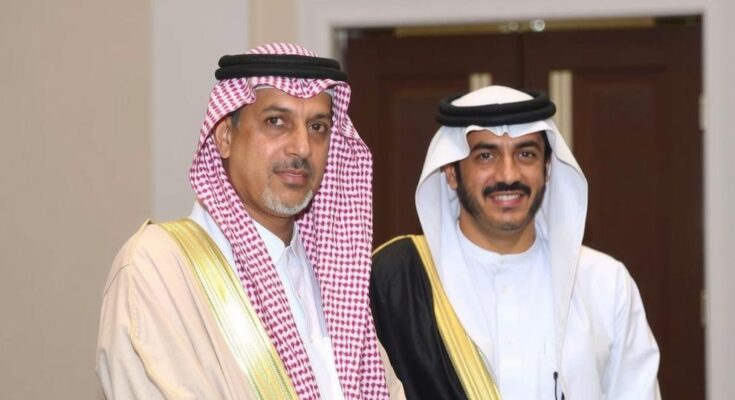Israel is sending Mossad chief David Barnea to Qatar to advance ceasefire-for-hostages talks regarding Gaza. This move follows a meeting with U.S. negotiators, indicating a possible progression in negotiations despite previous deadlocks and complications arising from new conditions set by Israel. The delegation will also include senior officials from Israel’s defense and intelligence agencies.
The Israeli government has decided to dispatch the chief of its Mossad intelligence agency, David Barnea, to Qatar to further discussions regarding a potential ceasefire in exchange for the release of hostages held in Gaza. Prime Minister Benjamin Netanyahu’s office announced that Barnea will be leading a delegation which includes Nitzan Alon, the head of the Israeli Defense Forces’ hostage unit, and Ronen Bar, the head of the Shin Bet intelligence agency. The specific timing of their arrival in Qatar remains undisclosed.
This announcement follows a meeting between Prime Minister Netanyahu and U.S. officials, including Steve Witkoff, who is President-elect Donald Trump’s appointed envoy to the Middle East. Although recent negotiations have reportedly faced obstacles, with Hamas asserting that new Israeli stipulations have complicated discussions, Netanyahu’s action may indicate progress in the ongoing talks particularly given the prolonged impasse in official negotiations. Discussions between Israel and Hamas have persisted indirectly despite past deadlock, propelled in part by the outgoing Biden administration’s encouragement for a resolution.
The context of this development involves escalating tensions in Gaza and ongoing conflicts between Israel and Hamas, with numerous hostages reported to be held by Hamas. The proposal for a ceasefire in exchange for the release of these hostages represents a critical issue that has drawn international attention. The involvement of various diplomatic channels and negotiations underscores the complexity surrounding ceasefire efforts, as multiple stakeholders, including the United States, work towards a resolution. The geopolitical landscape continues to shift with the transition in U.S. administration, which may influence future negotiations.
In summary, Israel’s decision to send Mossad’s chief to Qatar highlights a renewed commitment to negotiating a ceasefire-for-hostages agreement amidst a complex backdrop of stalled negotiations and continued hostilities. Despite prior setbacks, the recent diplomatic engagement reflects an ongoing effort to resolve longstanding issues between Israel and Hamas, with international stakeholders playing a pivotal role in shaping the outcome. It remains to be seen how these discussions will develop in the coming days.
Original Source: www.wral.com




